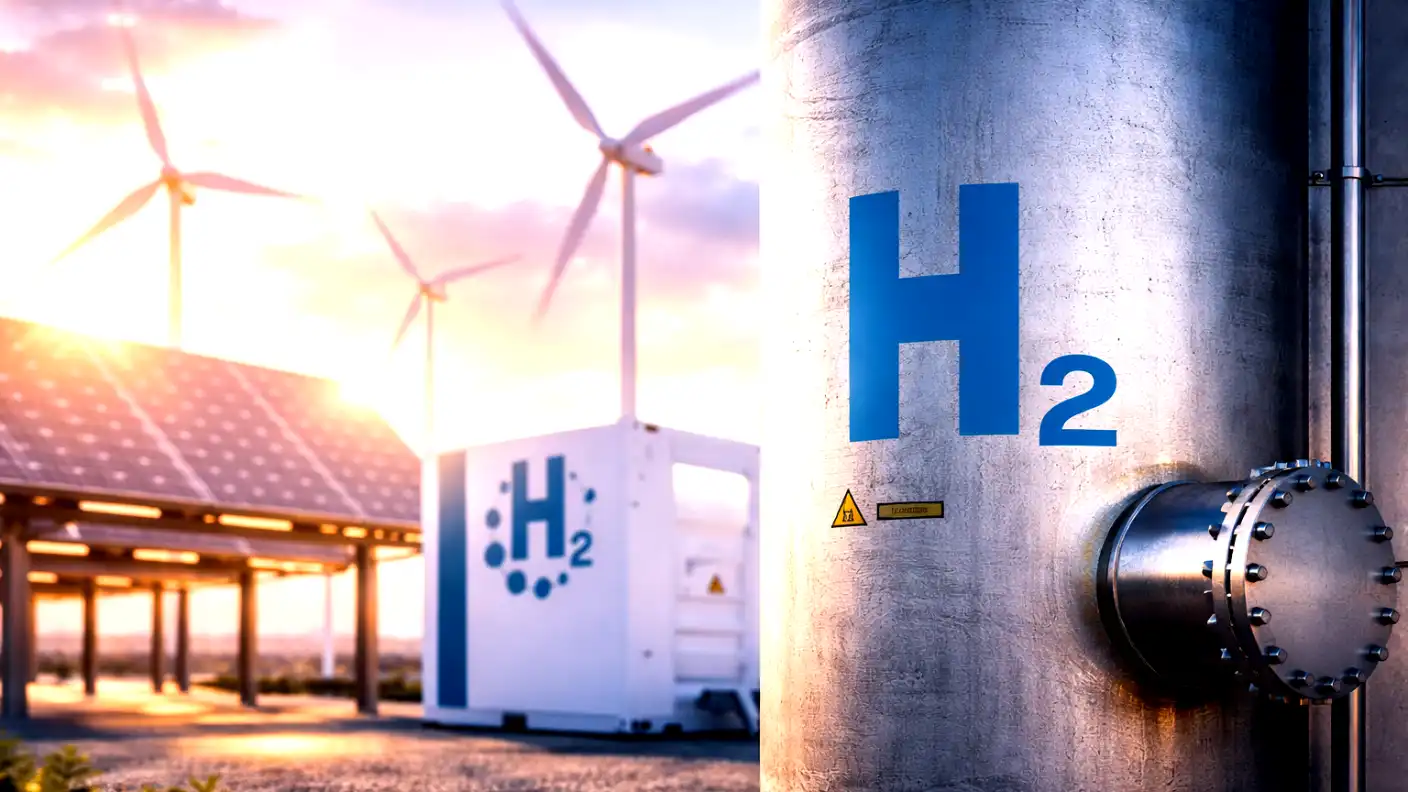Key Points:
- Advancements in hydrogen fuel cell technology drive the adoption of various modes of transportation, including cars, buses, trains, and aircraft.
- Governments and private companies are investing in hydrogen infrastructure to support the widespread adoption of fuel cell technology.
- Automakers like Toyota, Hyundai, and Honda are developing fuel-cell electric vehicles (FCEVs) to meet the growing demand for clean transportation.
- Hydrogen fuel cells also hold promise in energy storage, enabling greater integration of renewable energy sources into the grid.
As we become more aware of the harmful effects of fossil fuels on the environment, hydrogen fuel cells emerge as a promising alternative. They are revolutionizing transportation and energy production. With technological advancements and growing investment, hydrogen fuel cells are poised to be a key driver in shaping a sustainable future.
Hydrogen fuel cells operate by converting hydrogen gas and oxygen into electricity, emitting only water vapor and heat as byproducts. Unlike traditional combustion engines, they offer a clean and efficient solution to power vehicles with zero harmful emissions.
One of the most significant advantages of hydrogen fuel cells is their versatility. From cars and buses to trains and even aircraft, the potential applications span various modes of transportation. Moreover, they can be integrated into stationary power systems for homes, businesses, and industries, providing a reliable source of clean energy.
Countries worldwide increasingly recognize the potential of hydrogen fuel cells and invest in infrastructure to support their adoption. Initiatives such as hydrogen refueling stations and partnerships between governments and private companies are driving the expansion of hydrogen-powered vehicles and infrastructure.
Automakers also embrace hydrogen fuel cell technology, with companies like Toyota, Hyundai, and Honda leading the charge in developing fuel cell electric vehicles (FCEVs). These vehicles offer the same convenience and performance as traditional gasoline-powered cars, with the added benefit of zero emissions.
In addition to transportation, hydrogen fuel cells hold promise in addressing energy storage challenges. By storing excess renewable energy generated from sources like solar and wind power, hydrogen can serve as a clean and efficient energy storage solution, enabling greater integration of renewable energy into the grid.
As technology continues to evolve, advancements in hydrogen production methods, such as electrolysis powered by renewable energy, make hydrogen fuel cells even more sustainable. This creates a closed-loop system where renewable energy produces hydrogen, converted back into electricity, further reducing carbon emissions.
While infrastructure development and cost challenges remain, the momentum behind hydrogen fuel cells continues to grow. With ongoing research, innovation, and collaboration, hydrogen fuel cells hold the potential to transform the way we achieve a carbon-neutral future.





